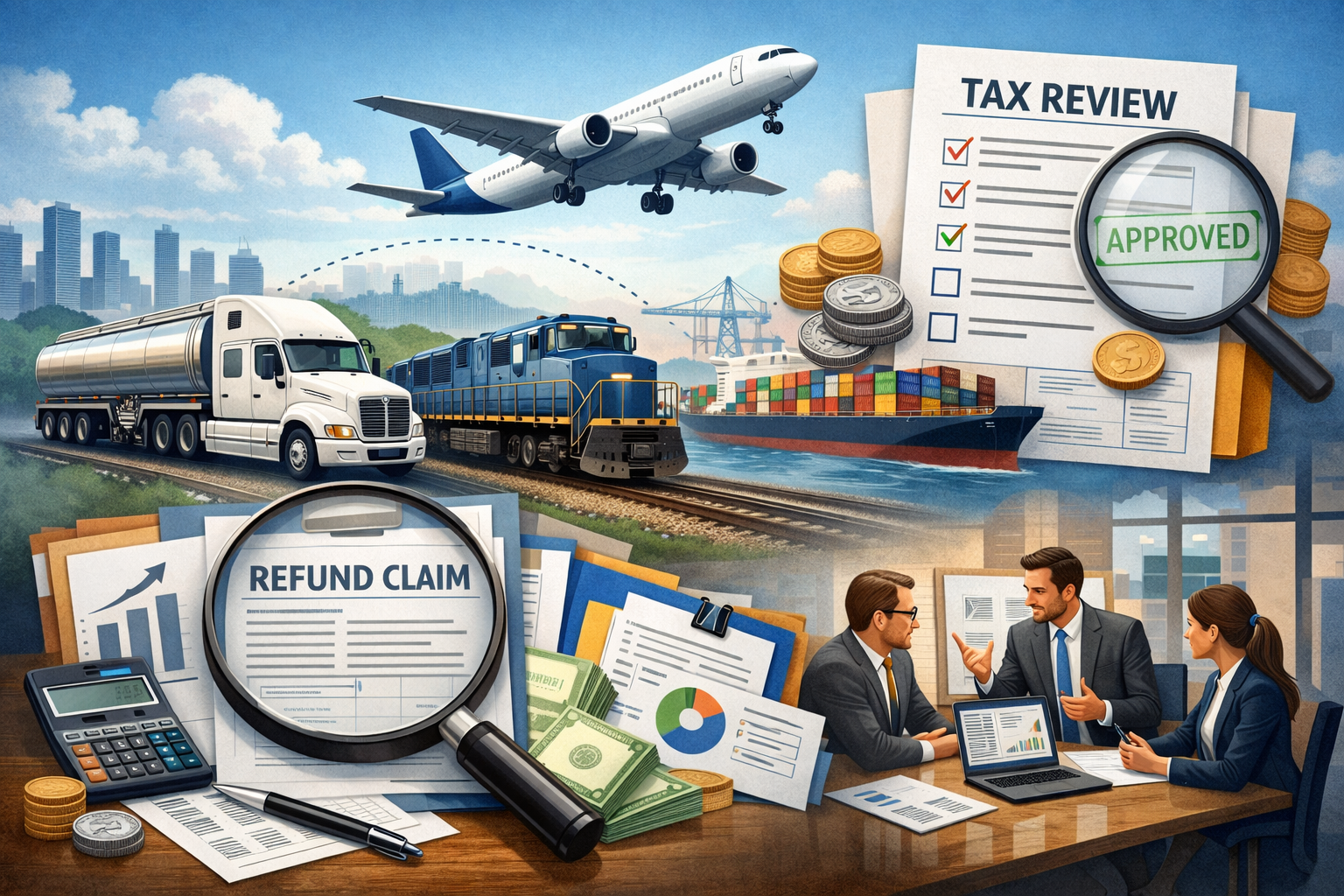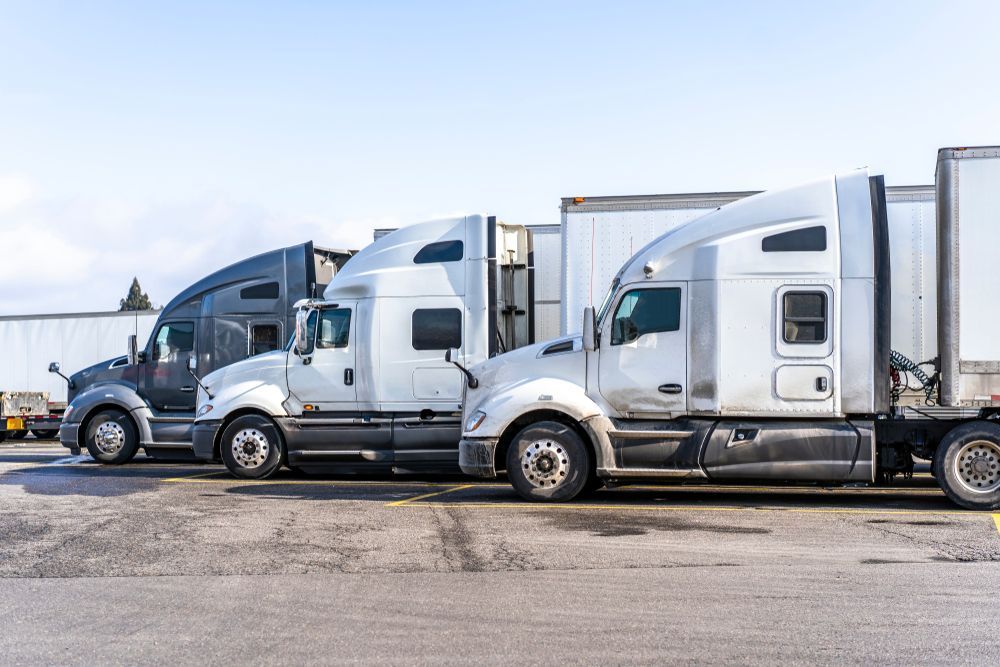Why Trucking Companies Must Register with the State
Share this Article:
What Are the Rules?

In the fast-moving world of freight and logistics, it's easy to focus on fuel costs, routes, and drivers—and forget about the paperwork. But when it comes to legally operating your trucking business, one step is absolutely foundational: registering with the Secretary of State in each state where you do business.
So, what does this mean in practice? Why is it required? And how do you stay compliant while running a multi-state operation?
What Is “Registering to Do Business”?
Registering with the Secretary of State (SOS) means legally notifying a state that your company is conducting business there. It doesn’t make you a resident company in that state—it simply gives you the right to operate there as a foreign entity (i.e., formed in another state).
For example:
- If your company is incorporated in Georgia, but you pick up freight or maintain terminals in Tennessee, you must register with the Tennessee Secretary of State.
This process is often referred to as:
- Foreign qualification
- Certificate of authority
- Out-of-state business registration
Why Trucking Companies Are Affected More Than Most
Trucking companies often operate across state lines, meaning they quickly establish what’s known as “nexus” in multiple states. Nexus can be triggered by:
- Having trucks regularly operating in the state
- Employing drivers or staff based in the state
- Owning or leasing terminals, yards, or drop lots
- Picking up or delivering freight regularly
Once nexus is established, the state has the right to require registration with the SOS and, in many cases, state tax departments as well.
Legal and Financial Reasons to Register
1. Compliance with State Law
Operating without registration can result in penalties, interest, and loss of legal standing. You may not be allowed to:
- Sue in that state’s court system
- Enforce contracts
- Defend yourself in lawsuits
2. Avoiding Fines and Penalties
Failure to register can lead to:
- State audits
- Fines of $500 to $2,000+ per violation
- Retroactive tax assessments, including franchise or business privilege taxes
3. Tax Obligations
Once registered, you’re often required to:
- File annual reports
- Pay franchise taxes or business entity taxes
- Maintain a registered agent in the state
What Are the Rules for Registering in a State?
While each state has its own rules, the general steps are:
1. Obtain a Certificate of Good Standing
You’ll typically need a document from your home state showing that your company is in compliance and active.
2. File an Application for Foreign Qualification
Submit the appropriate form with the state’s Secretary of State. This usually includes:
- Business name
- State of incorporation
- Principal address
- Registered agent in that state
3. Appoint a Registered Agent
You must designate a person or company with a physical address in that state to receive legal and tax documents.
4. Maintain Annual Reports
Most states require annual (or biennial) filings and fees to keep your registration active.
5. Watch Out for Business Name Conflicts
If your name is already taken in the new state, you may have to register under a “doing business as” (DBA) name.
Common States Where Truckers Forget to Register
Trucking companies often operate in multiple jurisdictions but fail to register in all states where required. Common oversights include:
- Drop lot or terminal states
- Sales rep or broker locations
- High-volume pickup/delivery states (e.g., CA, TX, IL, FL)
- States with low registration enforcement—until you get audited
Pro Tips for Compliance
- Create a Nexus Map: Track where you operate regularly and review for nexus exposure.
- Integrate with Tax Planning: SOS registration often triggers income tax, sales tax, and franchise tax obligations—coordinate with your tax advisor.
- Use a Compliance Calendar: Track annual report due dates and renewal fees.
- Work with Registered Agent Services: Especially helpful for carriers with operations in 10+ states.
Conclusion: Registration Is Not Optional—It's Strategic
For trucking companies, registering with the Secretary of State is more than a legal formality—it’s a necessary step to protect your business, maintain compliance, and avoid costly penalties. As your fleet grows or routes evolve, your registration footprint should grow with it.
Taking the time to register correctly today could save you thousands—and legal headaches—tomorrow.
Need help mapping your SOS registrations or reviewing your state compliance status? At Transportation Tax Consulting LLC, we specialize in helping fleets and transportation businesses stay ahead of compliance while maximizing tax efficiency.
Let’s make sure your operations roll smoothly—everywhere you do business.
Share with Us:




